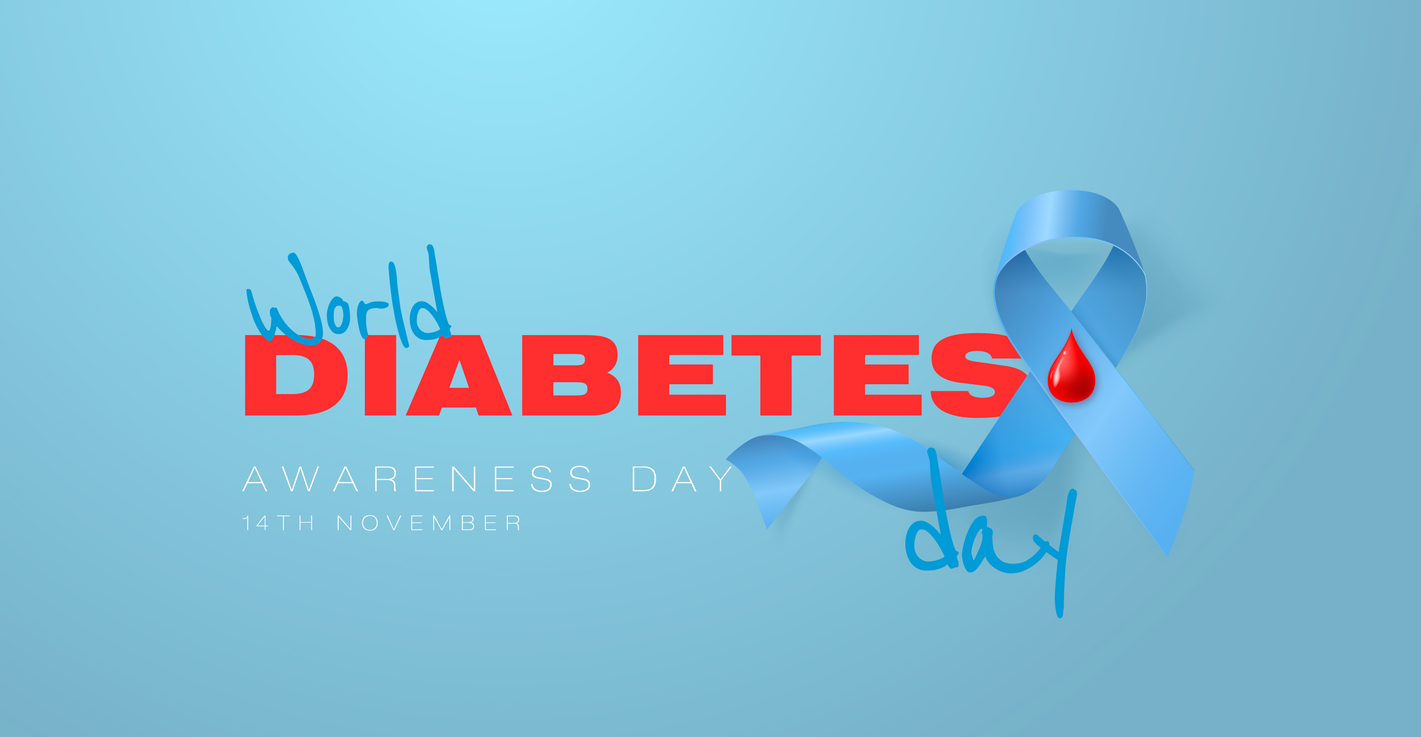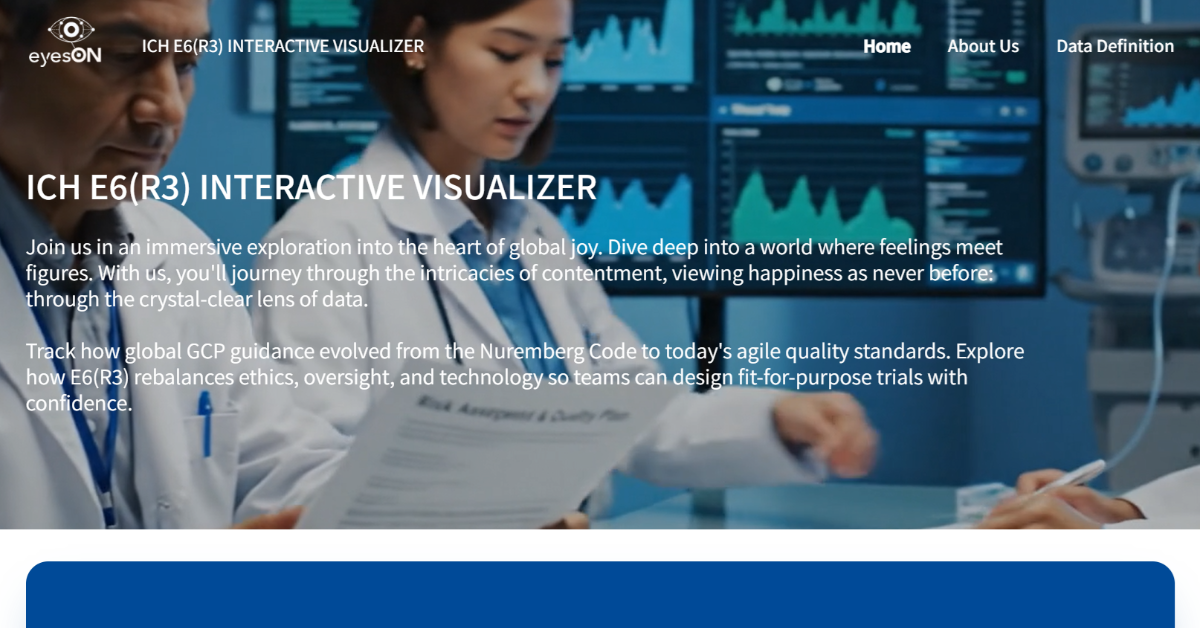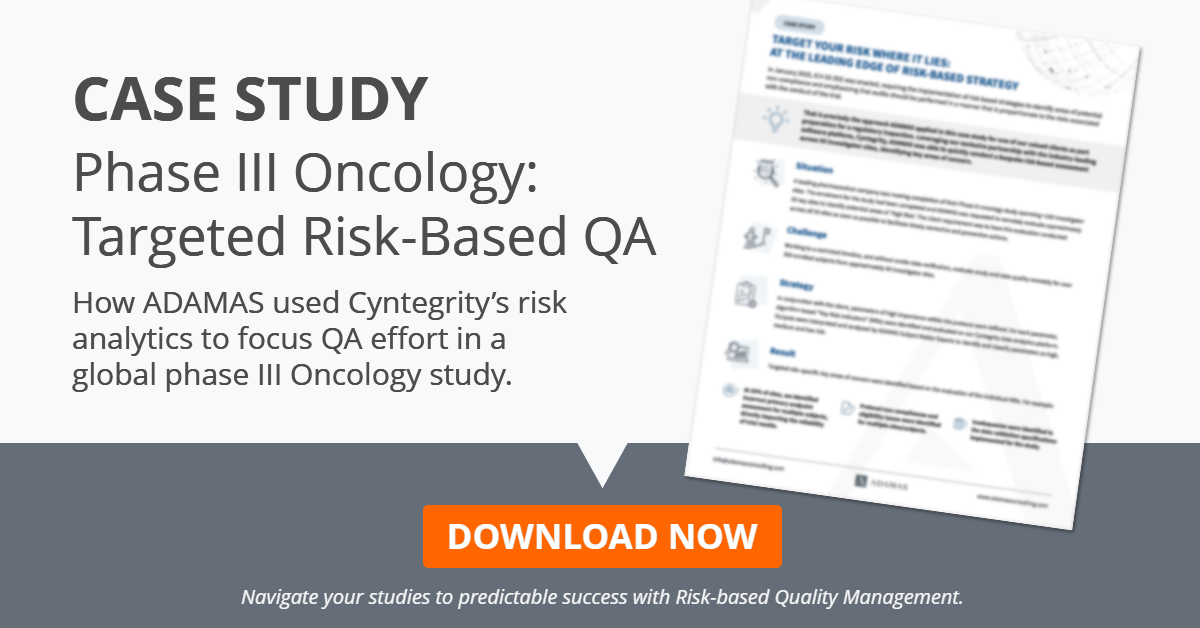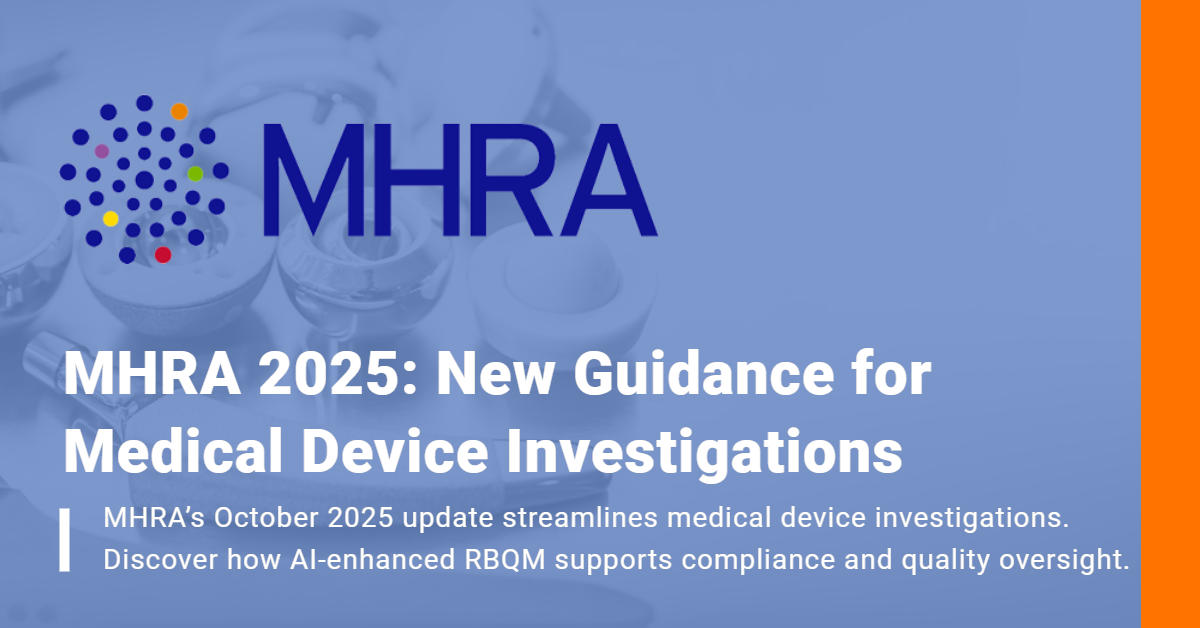Clinical Trial Participants’ Right to Access Their Data
Participants in clinical trials contribute significantly to advancing medical research, and respecting their rights must always remain a priority. Among these rights, accessing their trial data has gained importance in light of the updated ICH E6(R3) guidelines. This requirement challenges sponsors to ensure transparency while complying with ethical and legal expectations.
The updated guidelines, along with data protection laws like GDPR, underscore the need for sponsors to be prepared for participant data requests. However, sponsors often face operational challenges in meeting these obligations. Cyntegrity’s Subject Profiles tool offers a streamlined solution, enabling sponsors to deliver participant data efficiently and in a clear, compliant format.
What Rights Do Clinical Trial Participants Have?
The following table summarizes the rights of participants to access their data across various guidelines, regulations, and ethical frameworks:
| Category | Guidelines/Regulations | Key Provisions |
|---|---|---|
| International Guidelines | ICH E6(R3) (Draft 2023) | – Emphasizes informed consent and transparency. – Highlights participant well-being and safety. – Supports access to data as part of ethical principles. |
| Declaration of Helsinki | – Article 25: Right to be informed about trial outcomes. – Article 26: Access to health-related data collected during trials. |
|
| Regional/National Regulations | European Union (GDPR) | – Article 15: Right to access personal data. – Ensures data is provided in a clear and understandable format. |
| United States (HIPAA) | – Grants participants access to health information, including trial-related data if part of the designated record set. | |
| Ethical Principles | Belmont Report | – Respect for Persons: Supports participant autonomy, including access to personal information gathered in trials. |
| Council for International Organizations of Medical Sciences (CIOMS) | – Guideline 7: Encourages providing participants access to study-related information in an understandable format. | |
| Practical Implications | Transparency and Compliance | – Sponsors must prepare for participant data access requests. – Ensure systems align with ethical and regulatory requirements. |
| Technological Support (e.g., MyRBQM Portal) | – Tools that consolidate and share data efficiently can address compliance and operational challenges. |
Challenges Sponsors Face
While the right of participants to access their data is well-established, sponsors often encounter significant challenges in fulfilling this obligation. One of the primary issues is data fragmentation—participant information is frequently stored across multiple systems, making it difficult to compile into a single, cohesive report. This disjointed storage not only complicates the process but also creates delays.
Another concern is ensuring compliance with regulatory standards. Data must be shared in a format that meets both transparency requirements and participant-friendly presentation while adhering to strict regulations like ICH E6(R3) and GDPR. Striking this balance can be complex and resource-intensive.
Finally, many sponsors struggle with limited vendor solutions. Existing tools often lack the ability to quickly and efficiently generate participant-specific reports, leaving sponsors to rely on time-consuming manual processes or custom development, which increases the risk of delays and errors.
How Cyntegrity’s Subject Profiles Tool Helps
The Subject Profiles tool addresses these challenges with an integrated approach that simplifies data access for both sponsors and participants. By consolidating all relevant trial data for a participant into one profile, sponsors gain a unified view of Visit History, Vital Signs, Medical History, Adverse Events, Concomitant Medications, and Lab Measurements. This comprehensive organization ensures nothing is overlooked and makes data accessible to interpret.
The tool also enables the creation of human-readable, 360° PDF reports in just one click. These reports are designed to be both clear and accessible, ensuring participants can examine their data while sponsors maintain compliance with regulatory requirements.
The Subject Profiles tool also saves significant time and resources by automating the collation and presentation of data, allowing sponsors to focus on other critical trial activities while maintaining a high standard of transparency and efficiency.

Why This Matters for Sponsors
Providing participants with access to their data goes beyond meeting a regulatory requirement—it’s a fundamental aspect of fostering trust and demonstrating a commitment to ethical research practices. Participants who can easily access and understand their data are more likely to feel valued and informed, enhancing their overall trial experience.
For sponsors, the benefits extend to operational efficiency and compliance. With the Subject Profiles tool, sponsors can confidently:
- Respond to participant data requests promptly and accurately.
- Ensure full compliance with ICH E6(R3) and GDPR standards.
- Streamline internal processes and reduce administrative burdens.
A Practical Solution for Ethical Research
The ICH E6(R3) guidelines underscore the importance of transparency and accessibility in clinical trials. Cyntegrity’s Subject Profiles tool empowers sponsors to meet these expectations while simplifying their workflows. By providing participants with their data in a clear, actionable format, sponsors fulfill their responsibilities and strengthen their commitment to ethical research practices.
Ready to Simplify Data Access?
Empower your team to deliver participant data effortlessly and stay compliant with ICH E6(R3) standards.






